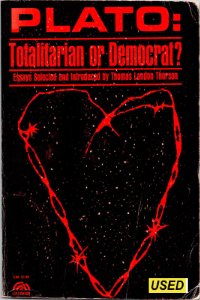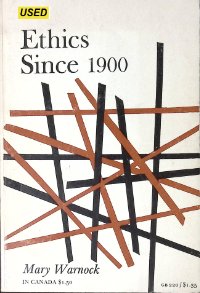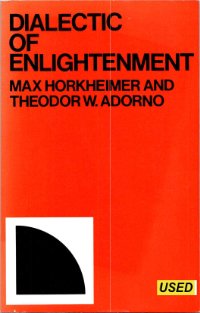By Patrick Devlin
From the cover: The limits of individual freedom within society-the boundaries of the public and the private in the realm of morals, and the point at which the law may e n t e ra r e the core concern of these seven essays by a prominent British jurist. Linked by their interest in the con- nection between morality and the law, they consider in detail the relation of moral law to various branches of criminal law, the quasi- criminal law, the law of tort, the laws of contract and of marriage.
For the force of its commands and prohibitions morality still depends heavily on religion, but in our secular society law may no longer be justified by religious belief. The law, Lord Devlin argues, must be concerned solely with the facts of common morality, rather than with any philosophical or religious conception of how it ought to be; what the law-maker has to ascertain is not the "true" belief. but the common belief; those who serve the law have a duty to defend "the law as it is, morality as it is. freedom as it is--none of them perfect, but the things that their society has got, and must not let go."
Lord Devlin disputes the contention in the Wolfenden report on homosexuality that there is a realm of private morality which lies outside the law. In either case, he asserts. the argument depends upon the definition of the private and the public realm. In this regard he considers the doctrine of John Stuart Mill contained in On Liberty, from which many arguments on public and private freedom derive.
London. Oxford University Press. 1965. 149p. CONTAINS MARK-UP.





















